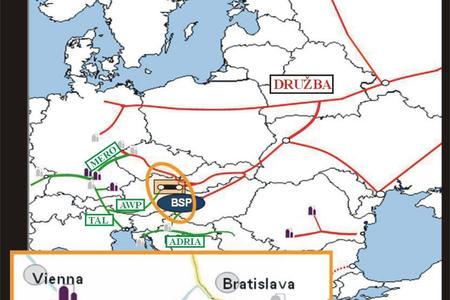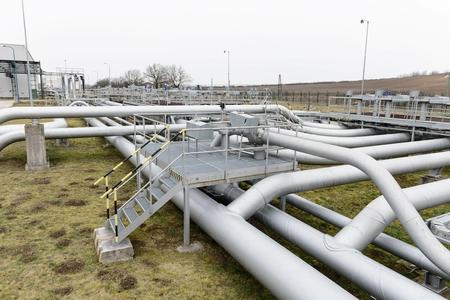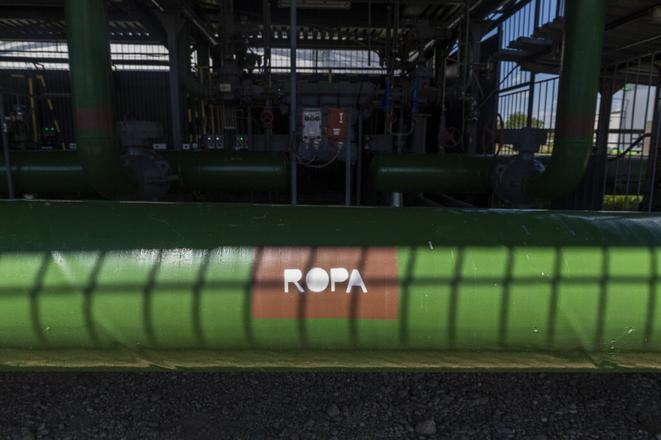The plan to connect Austria and Slovakia with an oil pipeline for the transport of Russian oil will definitively not materialise. The last straw that sent the project into oblivion was the war in Ukraine. Since the outbreak of the conflict in 2022, countries in Europe have been trying to sever energy ties with Moscow. Today, no one - Slovaks, Austrians or Brussels - is counting on an oil pipeline between Vienna and Bratislava, the Hospodárske Noviny reported on Thursday.
The plan's termination was formally confirmed by a document about the end of loan contracts related to the interconnection project. It landed in the Central Register of Contracts in the end of 2023.
“Based on our information, the Austrian partner has lost its definite interest in the construction of the joint pipeline,” said the main shareholder of the project - Transpetrol, which provides oil transit in Slovakia. Transpetrol, together with the Austrian refinery OMV, had created the Bratislava-Schwechat Pipeline company for this purpose.
The other shareholder of the joint venture, OMV, confirmed Transpetrol’s words in a statement to the Hospodárske Noviny daily, saying that after more than 20 years of efforts to obtain all the necessary permits and with the transformation of the energy sector, they have come to the conclusion that investment in another pipeline is no longer necessary.

The pipeline plans
The pipeline between Slovakia and Austria was to be 62 kilometres long, of which approximately 12 kilometres should have been in Slovakia. Its capacity would have been between 2.5 and 5 million tonnes of oil per year. For comparison, the Slovak section of the Druzhba pipeline has a capacity of 20 million tonnes of crude oil per year.

The project was accompanied by problems from the very beginning, one of the biggest being its route in Slovakia, and the possible negative impacts on environment.
The pipeline should have crossed Žitný Ostrov (Rye Island), a significant source of drinking water in the region. 10 routes in the so-called Carpathian and so-called city corridor were later proposed. The latter would have gone via Bratislava, while the Carpathian one would have led via the Small Carpathian mountains.


 The Druzhba pipeline transporting crude oil to the Slovnaft refinery in Bratislava. (source: TASR)
The Druzhba pipeline transporting crude oil to the Slovnaft refinery in Bratislava. (source: TASR)